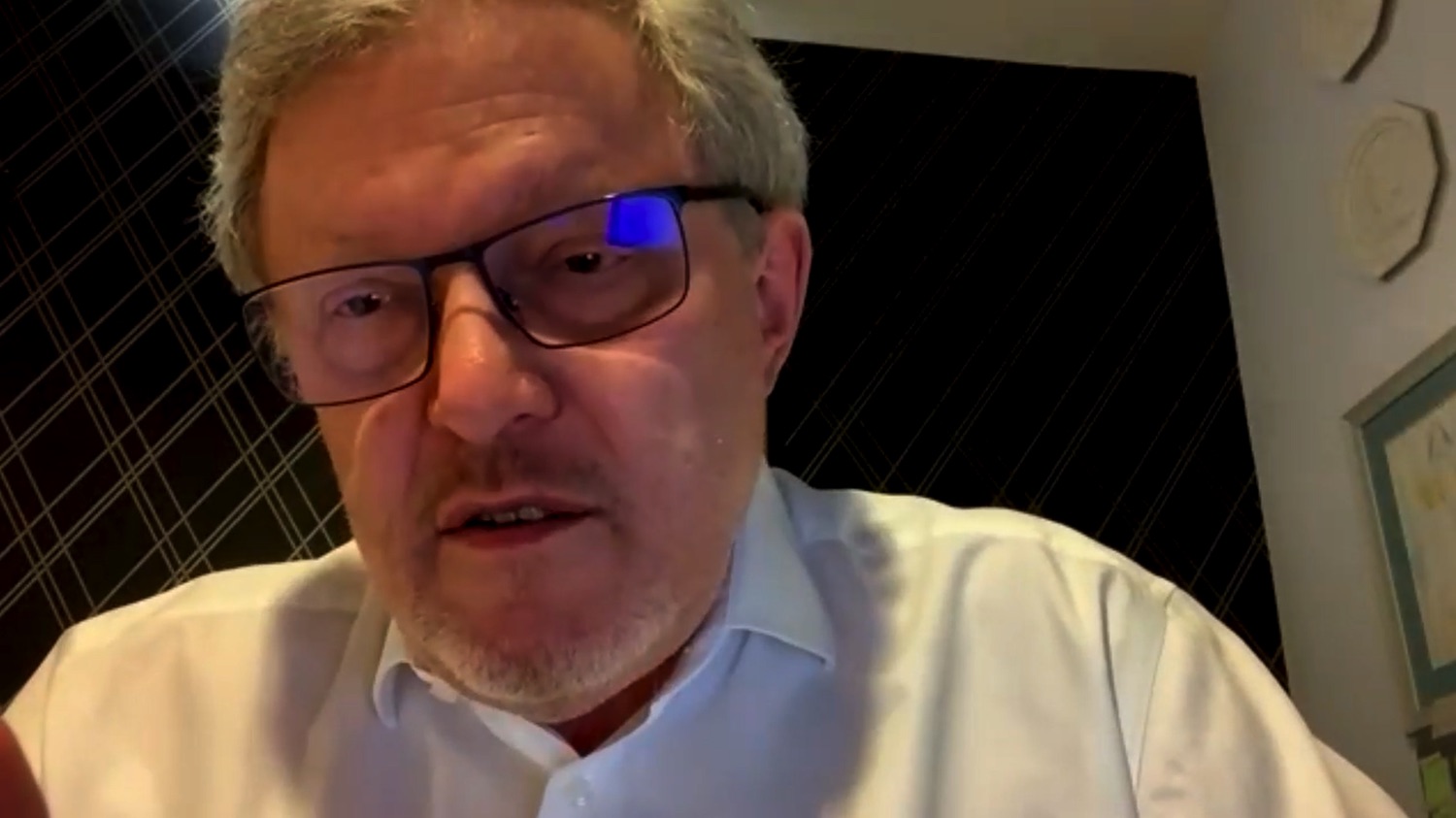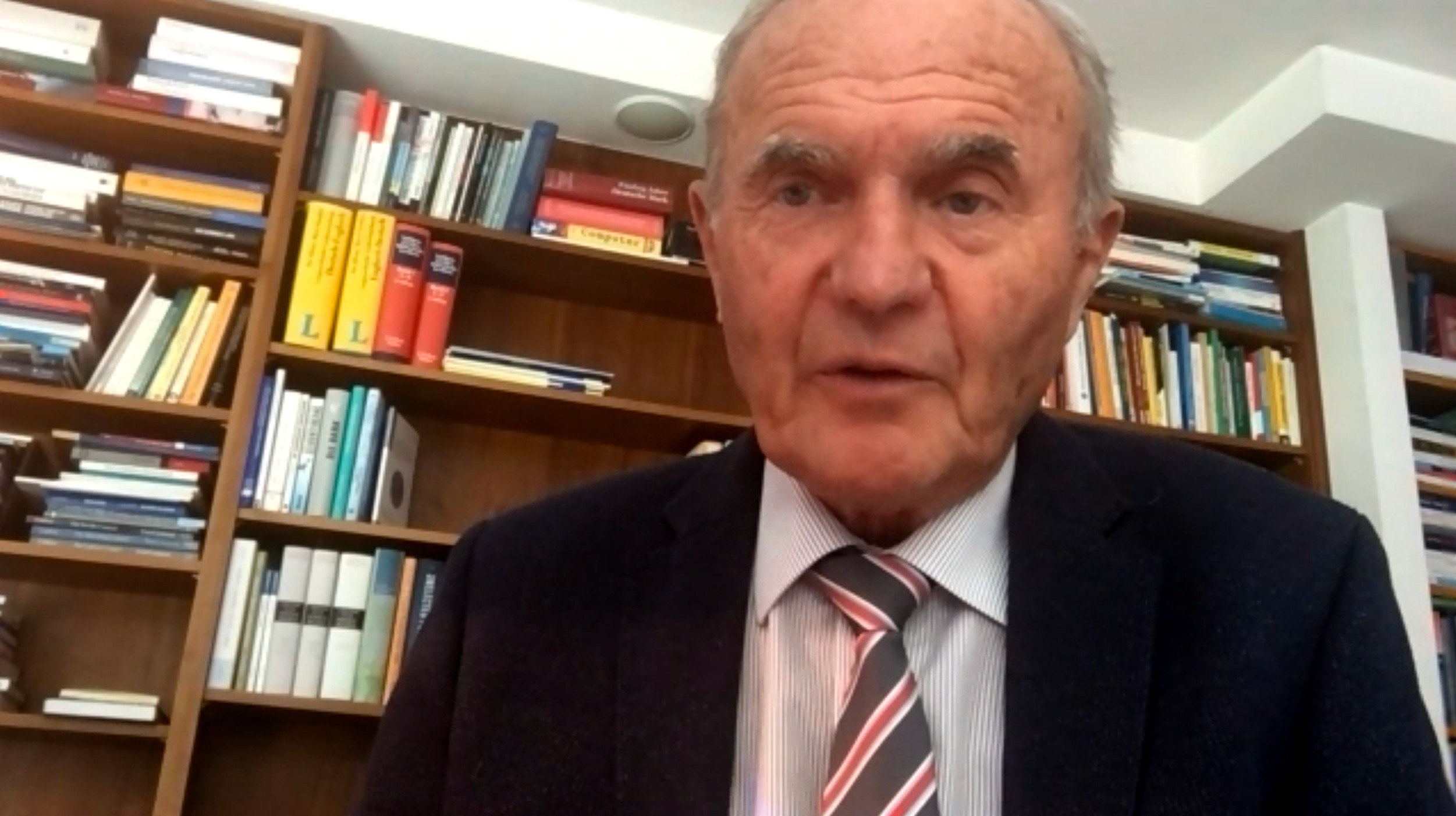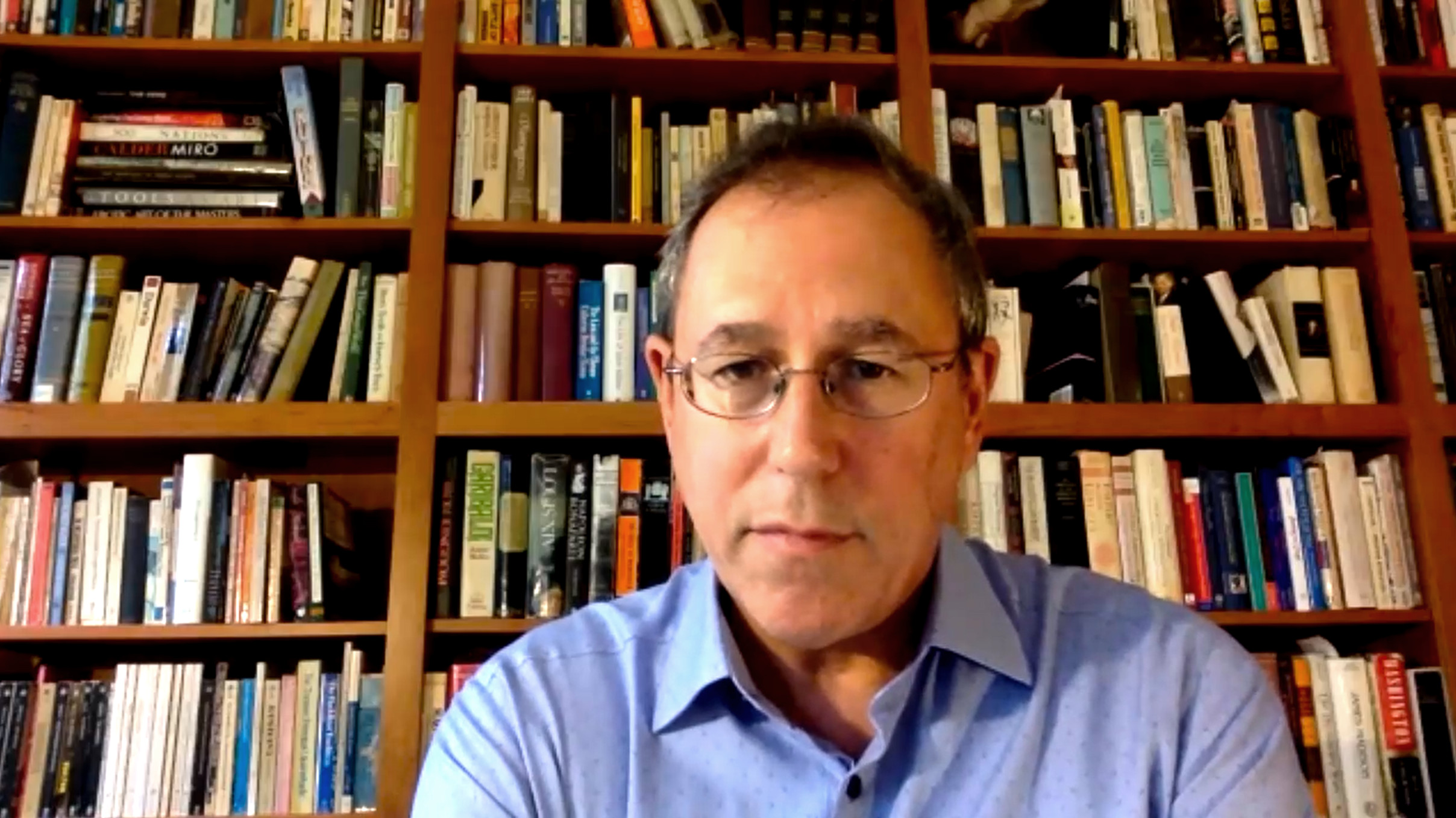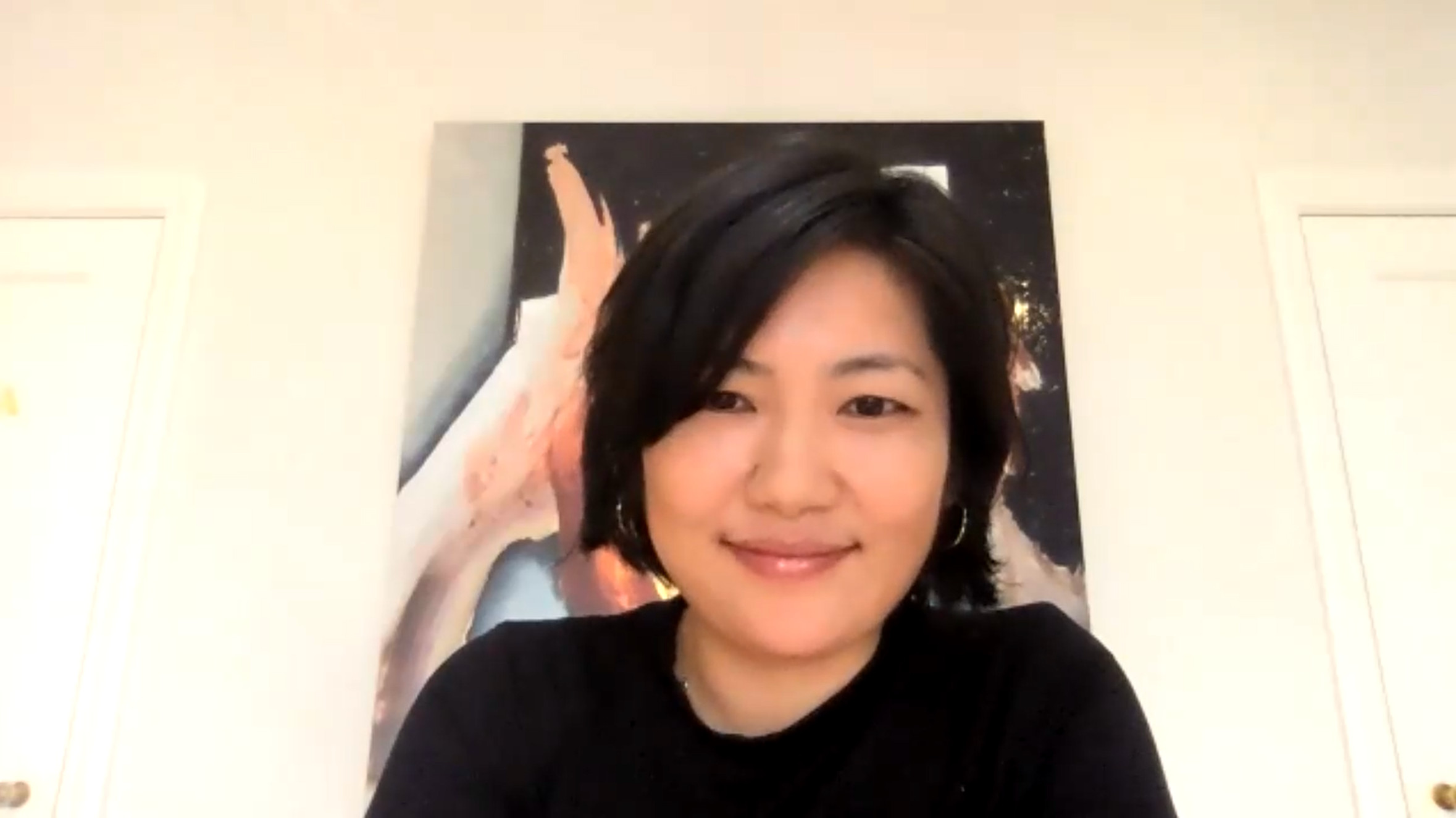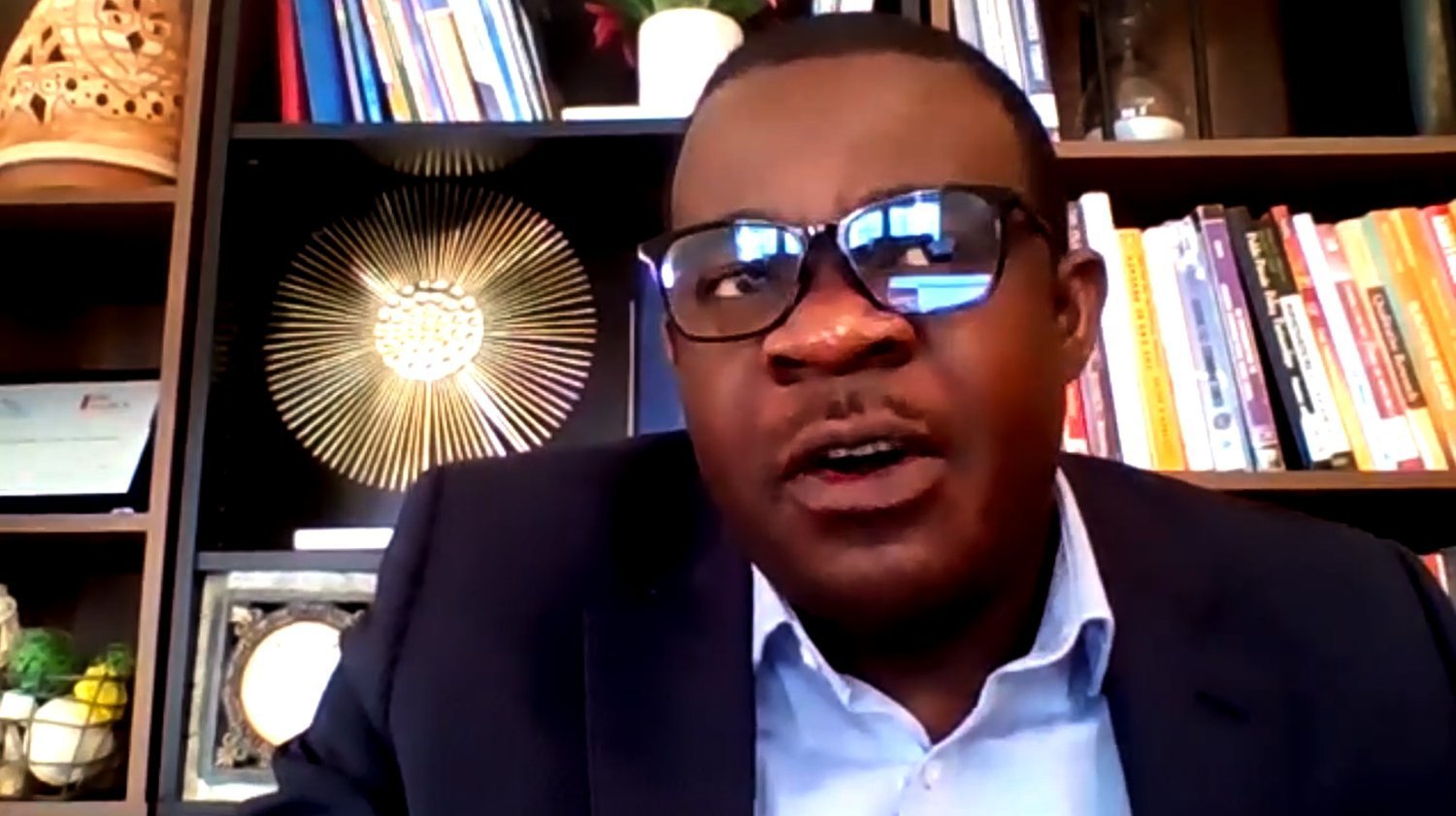Hannah Ryder
British-Kenyan. Economist and diplomat. Founder and CEO of Development Reimagined, adviser
1. Why does economics matter?
The way I see economics is that it’s a lens of looking at society and how society is structured, but also how it can change. In the same way that if you think of geography, that helps you also understand society helps. So it’s just like any other - in so many other disciplines, it helps us to get a grasp on what society looks like, why it is the way that it is, and in that way, I think that’s why it matters.
2. What are the differences between economic science (academic economics) and economic engineering (policymaking)?
I find this a really interesting question because in my career, so I studied economics, as you might know, I’m an economist by training, but I’ve always wanted and throughout my career, always try to bring economics into policymaking. And in the way that I just answered the first question about it being a lens, that was how I have used economics in the work I do on international development and also on climate change issues: to use economics as a means to not just play around with spreadsheets or forecasting models, but really bring it into the way that the policymakers make decisions, understand options, understand the costs of different options of going forward.
So I think the idea that there are major differences between economics as an academic exercise versus economics as a policy making exercise, I think the more that we bring them together the more useful it can be. Although, we do also need to talk - and I think we’ll talk about this later - about what economics we’re using, exactly, what economic frameworks we’re using for that.
3. What role does economics play in society? Does it serve the common good?
Well, the way I think of economics, if it is a lens to look at society, it can serve the common good. It’s not always used in that way, and sometimes it’s used in a way which is kind of, in a sense, almost dictating where society should go. But actually, if it helps us to understand why different people act in the way that they do or why different situations arise, I think it can actually serve the common good.
I’ll give you a couple of examples. First of all, I think there’s a couple of key concepts that help us to understand that. First of all, the idea of incentives: why people rationally go and have different incentives to act in different ways. That’s something which economics gives us a lens on that we don’t get from other other fields.
We also, from other fields, don’t get another concept which is opportunity cost, and opportunity cost helps us to understand things like why, for example, we might not invest in public goods, why we might not actually take advantage of, or not realise, the issues around climate change or even pandemics. There are a number of really useful concepts in economics. Sometimes we don’t use them, but they can be used for society to move forward and to be able to improve. The question is whether we use those or not.
4. Economics provides answers to problems related to markets, efficiency, profits, consumption and economic growth. Does economics do a good job in addressing the other issues people care about: climate change and the wider environment, the role of technology in society, issues of race and class, pandemics, etc.?
I think, again, one of the issues with economics and the way we think of economics as a discipline is that we typically make it very narrow. We think of it as linking to financial markets, linking to forecasting, linking to risk, linking to profits, and that’s it. I think that is thinking of economics far too narrowly. Economics has been around for a very long time, it’s a discipline that has been constantly evolving and there are still many evolutions that it will make.
I worked on something called the Stern Review back in 2006, and it was a study which was recognised globally led by Lord Stern, who was at the time the chief economist for the U.K. Treasury. And he had a team, including myself, and what we worked on was thinking about the issue of climate change, which had previously been thought of just as a scientific phenomenon. And what we did in that review was look at it as an economic phenomenon.
And so what we did for the first time was to look at: how much does it cost to take action on climate change versus not take action on climate change?
We moved it from “it’s going to cause lots of natural disasters, which we don’t see, and we’re going to try and do something about it but we don’t have to do something about it - we can deal with them when they come along”, to something which actually if we don’t do it now, it will cost more. That was that was the fundamental finding of the review. And by doing that, it created a space for a clearer discussion in negotiations, international negotiations about climate change. I then, for example, led work on the climate finance negotiations. Climate financing was then acknowledged as a real issue in the negotiations - that poor countries need to have extra money in order to help them deal with climate change. That was not fully acknowledged prior to the Stern Review. So it can help us, economics can help us to deal with these issues which we might not foresee, which the current way that economies are structured don’t deal with very well.
But it also allows us to think of possibilities of structuring societies in a different way, in a way that does deal with these issues. So I think economics can be sometimes be used as a means to narrow our focus, but it can also be used in a really positive way to help us think through really, really difficult issues in a much clearer and consistent way.
And I think there are certain really useful examples of that which have been done. I think the other part of this as well is, I’ll give you another example again, in my career in development economics.
Quite often there’s this idea that people who are poor just need to be helped, they make the wrong decisions often, you might wonder why a poor person might go and buy a TV when they can’t necessarily put food on the table.
And those sorts of questions come at us who work in this development sector, and what economics can help us do is to not look at poor people necessarily in a way that situates them as “them.” We can use economics to understand why they were actually acting very rationally if they make those sorts of decisions. And when they do make those sorts of decisions, then that helps us to design programmes or policies at a country level which can then be more helpful towards poor people than what we might otherwise do.
So, again, I think there are certain disciplines, certain ways, certain concepts within economics that help us do that. And I think it really is just a case of its use. Typically, we can find ourselves using too few parts of economics and we can do much more.
5. As we live in an age of economics and economists – in which economic developments feature prominently in our lives and economists have major influence over a wide range of policy and people – should economists be held accountable for their advice?
I think they absolutely should be held accountable for their advice, and I think economists should also be held accountable for what kind of economics we’re using. There are a number of different types of economic models, economic theories out there, and when we as an economics discipline, there is this idea that there’s just one: the Washington Consensus, for instance, when it comes to my field of development economics. Recently people have been talking about the Beijing Consensus, but that’s also equally quite hard to define, too. When I was, for example, studying development economics, we were taught that there were at least six different paradigms of development economics.
There was the capitalist model of development, there was a structuralist model of development, the neo-Marxist model of development, the Mao model of development, there were six at least.
At the same time, when we read papers on development economics or look at policies coming out from some of the largest multilateral institutions, whether that’s IMF, World Bank, but even the UN, which I worked for for a while, we don’t ask what we should be asking, at least, and this is the accountability question: we should be asking “what model of development economics are you using?” And how do you set out what the possible pathways might be if you used a different model?
Because there is no one model to development. It is this non-linearity. I actually think one of the least useful concepts in economics is equilibrium. Many economists (and we’re trained to do this) use models, general equilibrium models, for forecasting the economy. And what we end up doing is trying to set out a number of parameters, mathematical parameters, through which we think the society is going to move and the economy is going to move.
But the fact is, our economy, and even rationally, we move in very different directions. The economy’s dynamic. There’s a lot of unpredictability and there’s complexity. There are some brilliant books out there all about non-linearity, complexity. Eric Beinhocker’s one of my favourite authors on that. Why are we not consistently referring to these different types of economics when we use them? I think we actually have to be much more explicit going forwards so that people understand what kind of framework we are either being confined to or opening ourselves up to.
I do also think that’s why it is in some ways helpful to think about different economies and how they’ve evolved. I mentioned Washington Consensus and Beijing Consensus. Now, while certain people will assign Beijing Consensus to kind of socialist theory and to communism, there are a number of aspects of China’s development which can also be very useful and interesting to think through and link to other types of models of development which are not necessarily associated with governance or democracy (or lack of democracy), which is what some people tend to think of when you say “Beijing Consensus”, they think that’s really about governance, but it’s not. There are also aspects of the economics.
If you’re looking at African economies, when a government is thinking about how to deal with the agricultural sector, different economic frameworks will give you different answers. One economic framework will say: “focus on the smallholder farmers, try and meet their basic needs, give them cash.” That’s a basic-needs approach to development.
Another model will say: “we need to provide fertiliser subsidies at a massive scale, and we need to subsidised fertiliser not just through subsidising fertiliser itself, but through subsidising transport of fertiliser and a whole range of aspects of the economy”, that’s a Chinese Maoist type approach.
And yet another model will say: “we need to have the private sector, big business. Let’s get all the smallholder farmers away from the small farms, make them bigger, agri business, big processing.” That’s a completely different model as well of economics and economic development. So we need to be explicit. These are different choices. I think part of the challenge in particular in many of the organisations that work on development and have an economic department, several economists being part of it, is we’re not explicit about those choices.
When we write things like business cases which say what’s the impact going to be of this particular programme or how is it going to help people? We don’t say, well, there’s all these different types of options for helping people and we’re choosing one particular way. There tends to be a kind of a groupthink around these things, and it’s important to get out of that.
6. Does economics explain Capitalism? How would you define Capitalism?
That’s a very interesting question. The way that I have thought of these issues before is more the other way around in terms of how much is economics associated with capitalism. Does it have to be associated with capitalism? Those are the sorts of questions I went advising governments or institutions, organisations about what type of development programmes to be taking forwards. I guess those are the questions that arise more. How would I define capitalism, though? In terms of a focus on the private sector as the main driver of economic activity and as well as a smaller role for government are the things that I think we tend to associate with capitalism. Free market would be the key concept. I also think some of the most challenging aspects or problematic parts of economics - equilibrium concepts - can be associated with capitalism. But we don’t have to associate those things. We don’t have to associate economics and capitalism only. Economics can also take us into a completely different direction.
Economics is used in societies that are not based primarily on the market. Economics still comes in and helps us to explain what happens in those economies as well.
7. No human system to date has so far been able to endure indefinitely - not ancient Egypt or Rome, not Feudal China or Europe, not the USSR. What about global Capitalism: can it survive in its current form?
One of the useful things about economics is that it can help us understand why societies collapse. Of course, there’s other disciplines that help us to do that: history itself, geography. But economics also helps us to do that. You look at the collapse of slavery as an institution, that can be associated and explained very well by changes in economic circumstances of the colonial countries versus the colonised countries, and then that becomes a political phenomenon or those things happen together. I don’t think it’s very easy to separate these things out sometimes, but economics helps us to understand that collapse. So I think there is no doubt that society will evolve.
If that means that global capitalism will collapse, I’m not sure. There are certain - and I think the COVID-19 pandemic has demonstrated that - certain aspects where you have less government involvement, where you have a great deal of laissez-faire, in a sense, is not necessarily very helpful for dealing with these sorts of issues, for dealing with a pandemic where you have to be thinking about protecting other people and other people have to be thinking about protecting you.
An economics and economic discipline that encourages individualism and economic framework that does that is not necessarily going to be very helpful. But I don’t think that necessarily means that global capitalism itself will necessarily collapse. I think it just means it definitely needs to evolve. And if it can evolve, then that will move. And I think the means of evolution will be through us as economists and others in other disciplines coming together to think: “what can we do next? How do we evolve, how do we understand this crisis? How do we use the information that we got from this crisis to be able to update our thinking and our models?” For example, about which countries are better at doing things than others or which types of societies are better at doing things than others?
It was very clear, for example, my firm, we started working very early on to track COVID-19 in African economies. And what was very interesting was, as we did so, you look at what had been forecast through what felt like very clear frameworks of: richer countries will certainly have stronger health systems and certain types of governments, which will mean that they will deal with the pandemic much faster. There was a global preparedness index which came out just before, literally just before COVID.
And the results, and even within African economies, the result was completely different. We found that the countries which were at the bottom of that list were actually the ones that in many cases actually dealt very well with COVID-19, or might have been expected to deal badly. And it was completely the other way around.
That kind of information, we need to reflect on it. It’s not just something that we should say, oh, OK, yes that happened, and just go back to using our old risk models and and thinking of the world in that very kind of linear sense of “you’re rich therefore, you can do everything.” No, we need to use that to look at what was wrong with those frameworks, what was wrong with those indices and how do we adjust them, and how do we then have the countries that did do well, even if they were poorer, how do they share lessons with others?
And that’s actually also something that economics can help us to do. We can look at the economics, we can use economic models to do that. There’s no reason why can’t, we just need to adjust them with the appropriate information.
AoE: That’s very interesting. Before Fabio goes into question 8 and I just wanted to say, you’re getting into resilience - there were maybe things in these societies - we didn’t pick up on how resilient they were. I have a colleague at McGill who teaches economics and econometrics, and he works a lot in resilience, as does William Hynes at the OECD, and he makes a point when he always talks about resilience. He makes a point growing up in rural eastern Canada in New Brunswick when he was a child, when the power went out, because they had just put a grid in when he was a kid, and when the power went out, well, they were still in an era where every house had an underground pantry. So when a power went out, you didn’t lose all your food. In fact, it was a minor inconvenience.
Whereas today, today we’re much less resilient in that way, because if the power goes out, we’re completely cut off and everything - refrigeration, but also from communication. And so while we’re richer today, in some aspects, we’re not resilient to certain shocks. Anyway, I just wanted to throw that in.
Well, absolutely. And I think that was in a way, for African countries as well, that was one of the one of the interesting aspects of COVID-19, especially at the beginning: the fact that Africa is quite de-linked from the rest of the world in many ways. It accounts for something like two percent of global foreign direct investment, four percent of trade, and tourism similarly. So that, when it came to COVID, actually gave African countries a great deal of time compared to a number of other destinations and a number of other regions, a great deal of time to plan ahead and see what others were doing and to be able to say, OK well, that looks like a good strategy, that doesn’t look like such a great strategy and so we will adjust.
It’s not resilient and it’s not necessarily something I would recommend to be kind of separated from the rest of the world. That’s not what African economies want to be, but at least the fact, again, is something that is worth bearing in mind, that because of the way that the world economy is structured right now, that is something that you might want to factor into how you forecast preparedness for a global pandemic, which we hadn’t before. And we might think about how to change that, of course, but when we do you often know what we lose.
8. Is Capitalism, or whatever we should call the current system, the best one to serve the needs of humanity, or can we imagine another one?
So imagining is key to what I do and what I care about. My firm is called Development Reimagined, and the reason being that our current system does need reimagining. It isn’t serving a number of people. A lot of people. We have over 400 million people in African countries who are under the poverty line, and that’s a very low poverty line at 1.90 US dollars a day.
We have problems of climate change. We’ve got plans to deal with climate change through climate finance, but the finance trickles through.
Aid money is reducing from large economies, we have other large economies trying to support, but they also face those challenges too. And we effectively have really poor distribution across the world: poor distribution of finance, poor distribution of what should be the benefits of growth, what should be the benefits of capitalism.
There is no reason why capitalism should not necessarily continue. It’s most likely to continue in some ways. But it does need adjustment in order to serve people’s needs. Some people argue for de-growth saying that we need to completely get away from the idea of growth and economic growth. I’m not one of those people. I do think it really is about how we use frameworks to distribute growth and target it to the right places in order for people to benefit. And I think economics actually helps us to do that. There are such important concepts: public goods, the concept of a public good, externalities. The concept of a public good helps you to think about the role of government. And the idea that, for example, you can leave a transport system just to the private sector to deal with, or you might just not regulated it. For developing countries there were certain models back in the 1980s to come out of the debt crisis of 1980s and 90s with structural adjustment.
And that was trying to get countries to privatise. A lot of these activities, what were previously government activities that the government was spending money on, if we really thought about public goods and really understood that concept, we wouldn’t have gone that way. And in fact, those sorts of programmes which did encourage that privatisation, they led to a lot more poverty. There is evidence that they led to a lot more poverty than they would have done because they didn’t use these core concepts.
Nor do I think capitalism means that we can’t have these concepts. But we should be really bringing to the fore some of the concepts that we often forget or that have just kind of been downplayed over the last few years in economics and use those to think about a reimagined society which does distribute better and does provide for the poorest in society within countries and across the world. I think it’s possible.


